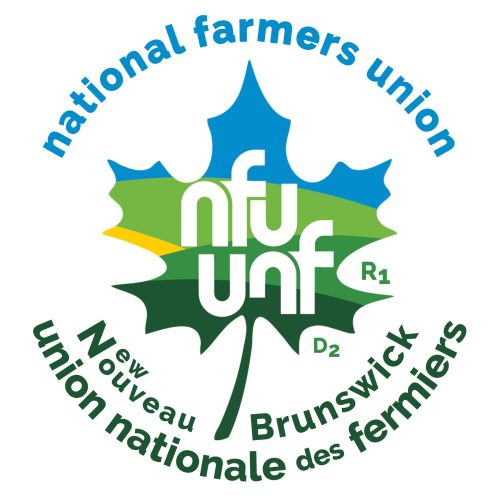New Report Reveals the Status of GM Crops and Foods in Canada
20 years after first GM approval, information is lacking
Download the full report here
Press Release
March 19, 2015. Ottawa. Twenty years after approval of the first genetically modified (GM, also called genetically engineered) crops in Canada, information on the amount and prevalence of GM foods and crops is lacking, according to the new report “Where in the World are GM Crops and Foods?” published by the Canadian Biotechnology Action Network (CBAN).
“After 20 years, we need to track where GM foods are on grocery store shelves and where GM crops are in the ground,” said Lucy Sharratt of CBAN. “The world’s first GM apple and the first-ever GM fish could soon be approved, but the federal government hasn’t made a commitment to track them.”
CBAN’s new report investigates what GM crops are grown in Canada and around the world, where and how much, and where they end up in our food system.
The report is the first in a series as part of CBAN’s GMO Inquiry 2015, which examines the environmental, economic and health impacts of GMOs (genetically modified organisms) after 20 years in Canada. The reports respond to questions from Canadians.
The GM crops grown in Canada are: corn, canola, soy, and sugar beet. Currently four GM crops dominate global production: corn, canola, soy, and cotton. There is little diversity of GM traits on the market: almost 100% of all the world’s GM crops are genetically engineered to be either, or both, tolerant to herbicides or resistant to insects.
Among the findings, CBAN also reported:
- Almost all of the canola and white sugar beet grown in Canada is GM.
- More than 80% of all the corn for grain grown in Canada is GM. There is only a very small, unknown amount of GM sweet corn grown.
- At least 60% of Canada’s soybeans are GM. Canada maintains strong export markets for non-GM food-grade soybeans.
Statistics Canada does not gather data on all GM crops in all provinces. The numbers in CBAN’s report were compiled from analyses of limited Statistics Canada data, US government reports, and information from industry and international organizations.
“There’s no mandatory labelling of GM foods in this country,” said Sharratt. “Our report sets down the details so Canadians have somewhere to turn for information about what GM crops and foods are actually on the market.”
More information:
Lucy Sharratt, CBAN, cell 613 809 1103;
Taarini Chopra, CBAN, cell 226 606 8240.
The GMO Inquiry 2015 (www.GMOinquiry.ca) is a project of the Canadian Biotechnology Action Network (CBAN) and future reports will examine regulation of GMOs in Canada, and their impacts on the environment, consumers, and farmers. CBAN is a campaign coalition of 17 organizations that researches, monitors and raises awareness about issues relating to genetic engineering in food and farming. CBAN members include farmer associations, environmental and social justice organizations, and regional coalitions of grassroots groups. CBAN is a project of Tides Canada Initiatives.




